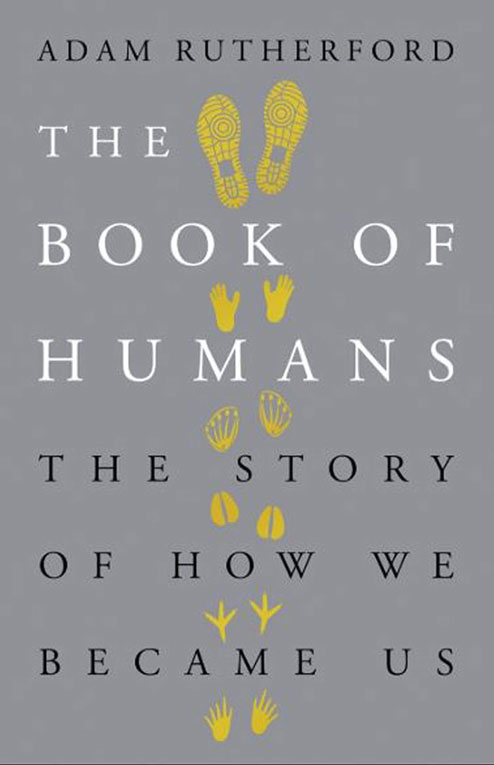
Adam Rutherford is a geneticist who may be better known as a science broadcaster on Radio 4 and for his previous books about genetics for a lay audience. In this book, Rutherford focuses on Homo sapiens as animals, whose genetic endowment gives rise to strong similarities with other animals, but also significant differences. In the first half of the book, Rutherford describes many examples of animal behaviour that some might consider uniquely human, such as tool use, cultural transmission of behaviour and the full range of non-reproductive sexual activity.
It is in the second half that Rutherford examines the human capabilities that enable the modern mind, and which do seem to be unique to humans in terms of degree and complexity; namely symbol formation, linguistic capacity and what psychiatrists would call ‘mentalising skills’ i.e. the capacity to make inferences about other people's minds and intentions and to see them as real. He cites research that indicates that the capacity for the modern mind seems to have evolved long before it was put into use; that there was a kind of delay before we were able to use these skills to become sapient.
This is an easy book to read and Rutherford has a warm and passionate voice as a science writer. He reminds us that genes only encode proteins and that there are no genes for complex behaviours; rather, it is the cultural evolution by which we teach others what we know that enables humans to create themselves as humans and develop across time. He insists that cultural and biological evolution cannot be separated and emphasises the interdependence of all organisms, concluding that we can be proud of our animal heritage and marvelling at the complexity of life on earth.
A book for the lay reader must always risk dealing with big domains of knowledge superficially, and the book is less successful in its reflections on the modern mind than on the wonders of animal behaviour. But it is an enjoyable read; not least for some very funny lines like ‘we [humans] spend a titanic amount of time trying to touch each other's genitals’, which makes the genetics department of University College London sound like an interesting place to work.





eLetters
No eLetters have been published for this article.